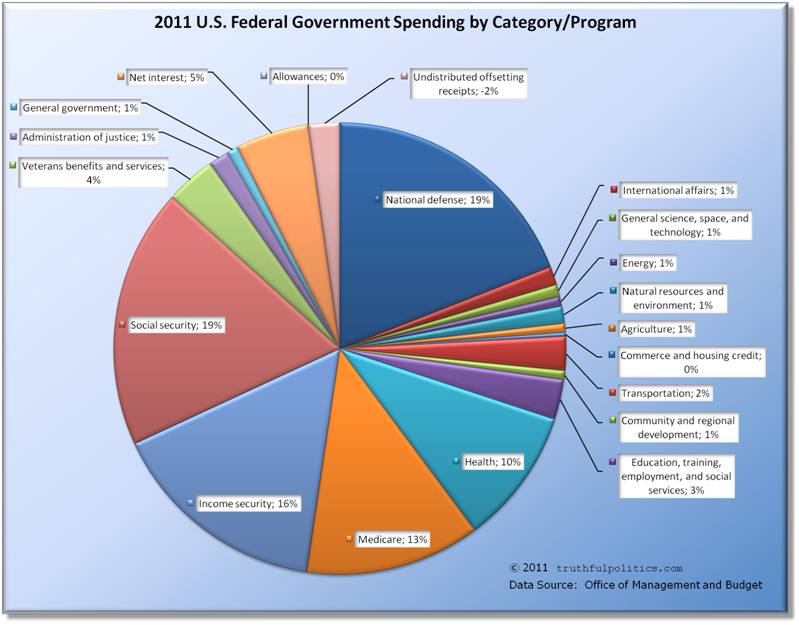moda0306 wrote:
Unlike Keynesians, MMR's/MMT's, I believe, think that "inflation expectation" monetary policy is flawed. Very simply, in the medium-to-long run, you need more and more base currency to service a growing economy. It's not about causing inflation to scare people into productive activity, but simply not keeping people so starved of base money that their balance sheet leaves them in a position where they don't want to spend, leaving us all in a big Mexican standoff, where we have skills and capacity but nobody pulls the trigger.
I think "inflation expectations" could be reflected in the
level of velocity and that "unexpected inflation" could be reflected in the
change in velocity. But this is just my personal intuition and understanding, it could be wrong.
I tend to agree with your equation in the long term, but unlike Austrians, I feel that it's people sitting on their butts doing nothing is much worse than that INFLATION end of the equation coming out to 1-3% every year.
It seems obvious to me that the government: a) pays too high prices for good/services it consumes from private sector ($1500 toilet seats) 2) transfers payments to members of society that cannot increase productive output, 3) transfers payments to prop up capitalist losers and protect bond/equity holders. That we only have 1-3% inflation isn't a bad price to pay if 2 compensates the losers of society. It is 1 and 3 that will eventually cause double digit inflation down the road because once the money is issues, it can't really be taken back short of confiscatory taxation. It won't require increased consumer demand or increased employment for the
change in velocity to increase, merely less willingless to hold off lower paying "off the run" money vs newer paying "on the run" money. I'm talking about supply/demand of money to itself here, i.e. a tautology.
To your other points, if the government simply spends more money into the economy via fiscal stimulus, the spending of that money would very well simply result in an increase in productive output, thereby leaving inflation untouched (or barely touched).
That's very true. That's why the inflation equation subtracts out productive output. Both government spending and the
change in velocity will result in increased productivity through increased employment and increased supply of goods/services, i.e. a net wash. It is any financing of unproductive activity that equals inflation, i.e. more money chasing fewer goods/services.
Plus, where does foreign demand for our currency (trade deficit) come into play? Is that part of velocity? That should be factored in somewhere.
That net is just part of the Current Account, i.e. "net financial savings" owned by foreigners. Remember, money (short of currency in circulation) actually leaves our shores, it stays parked in the system. But we get hard goods/services in return. China is the ultimate bagholder if we were to repudiate on our debts or nationalize foreign-owned assets. Sucks to be them.
MG




